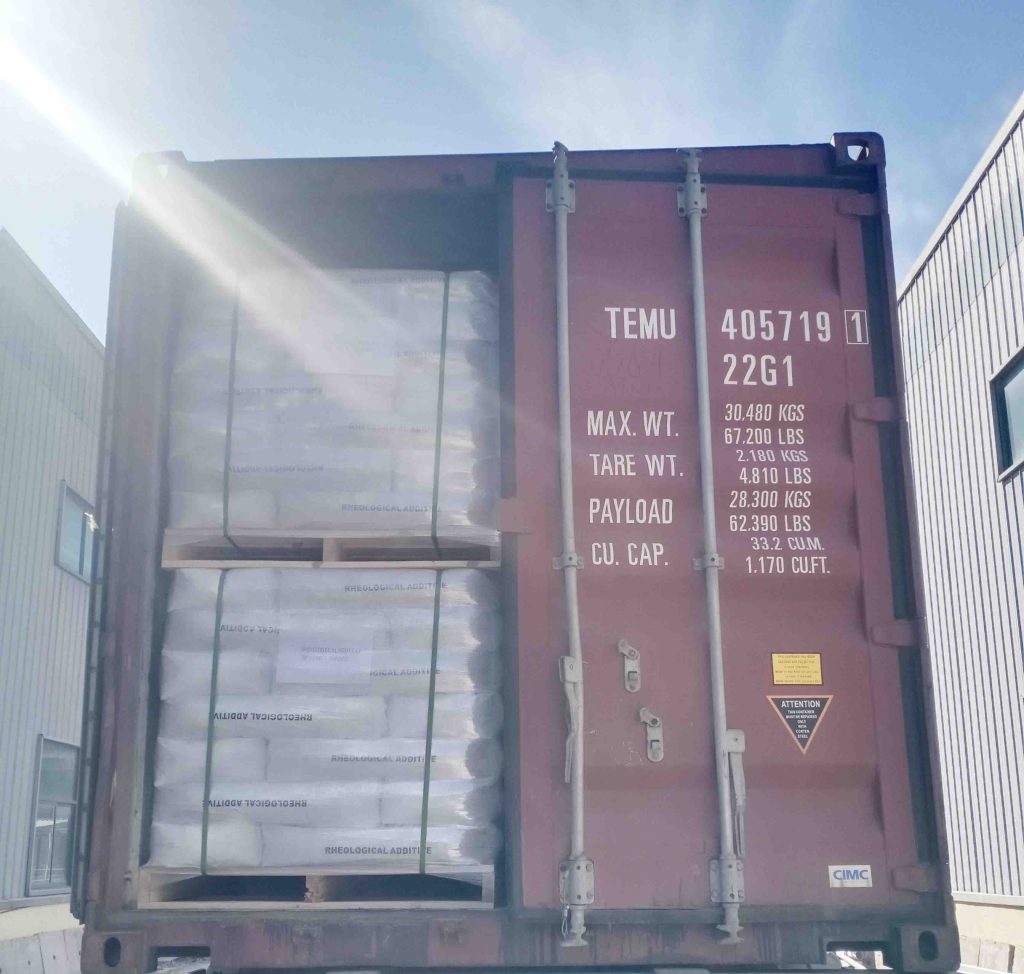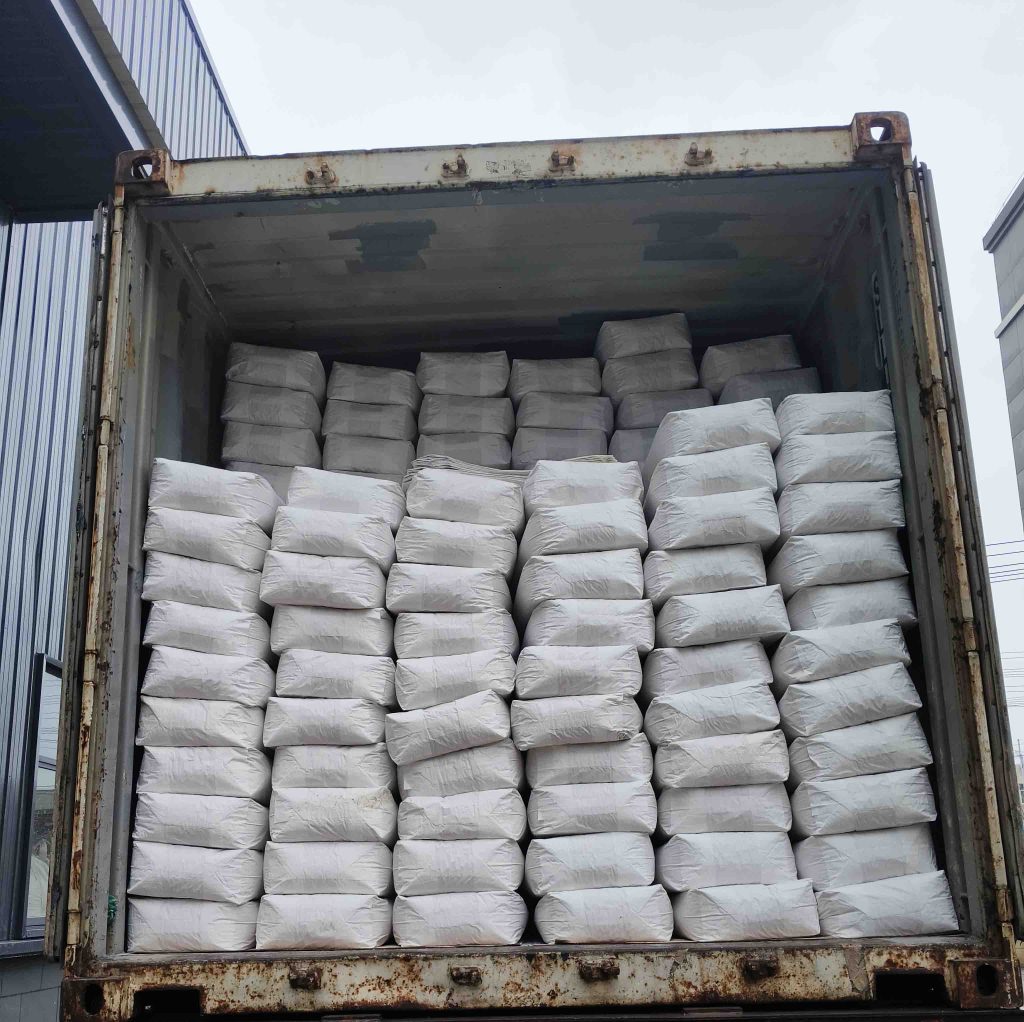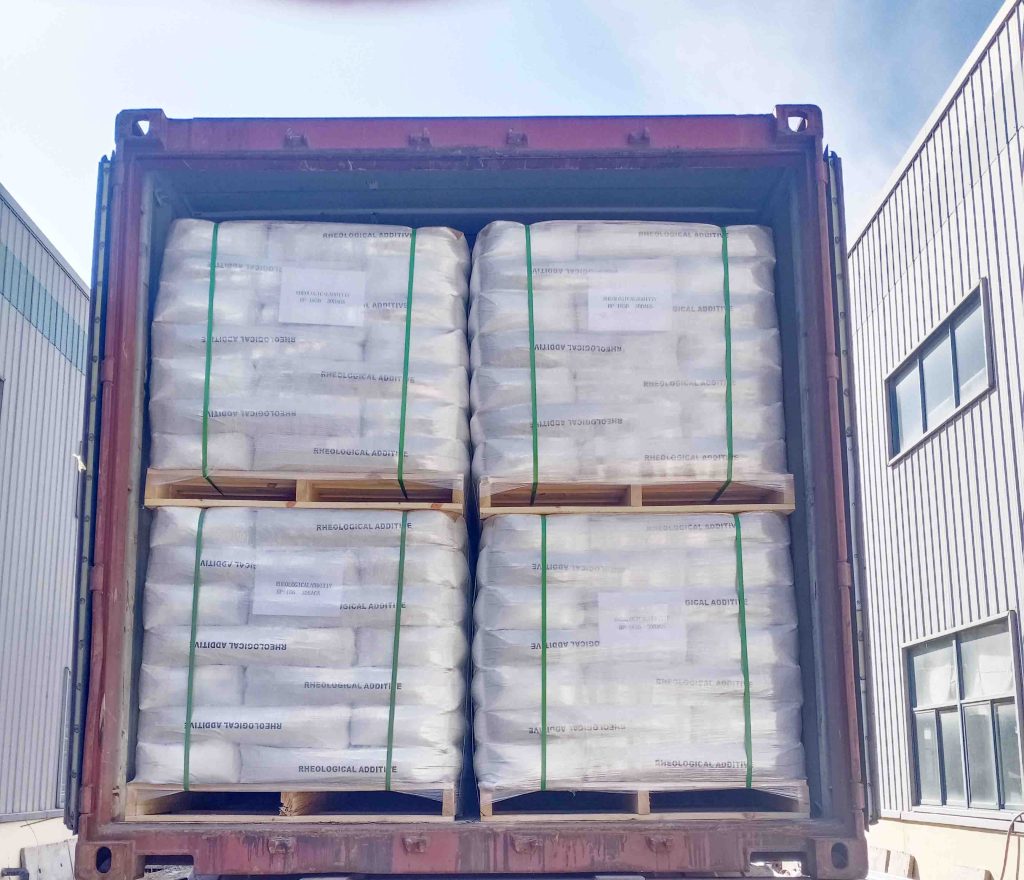Applying organic bentonite to industrial coatings can solve rheological and thixotropic problems.
Now our users have made corresponding solutions to the problems encountered by using organic bentonite in industrial coatings. The following information can be used for your reference.
After high-temperature transportation, the hardness of organic bentonite in industrial coatings plummets. We recommend that you use high-temperature organic bentonite, because the viscosity of ordinary bentonite decreases significantly.
There is sagging when spraying, and stratification when not spraying. The thixotropic index is stable between 3.8 and 4.2. Organic bentonite can change the stratification problem.
The root cause of the caking at the bottom of the industrial coating tank is the poor effect of the activator. We recommend using ethanol or propylene glycol as pre-gel to activate the formula. After rapid stirring for 15 minutes, the efficiency can be increased by 60%. Compared with fumed silica, bentonite has a much better anti-settling ability, which can reduce the cost of each ton of coating by 20%. In the urban system, the economic value of using our CP series bentonite is more obvious.
How to prove that our products have anti-settling effects? We suggest that you use experimental methods, such as centrifugal method, using 2500 drill, and the separation rate is less than 5% at a rotation speed of 15 minutes.
In Vietnam, Southeast Asia, our organic bentonite is used to produce industrial coatings. After storage for three to eight months, the industrial coatings did not show stratification and sedimentation, which was recognized by customers.
If you need our test report, we have 30 days of real-time sedimentation observations, with video as evidence, which can be provided for your reference.
organo Bentonite anti-settling agent for industrial coatings
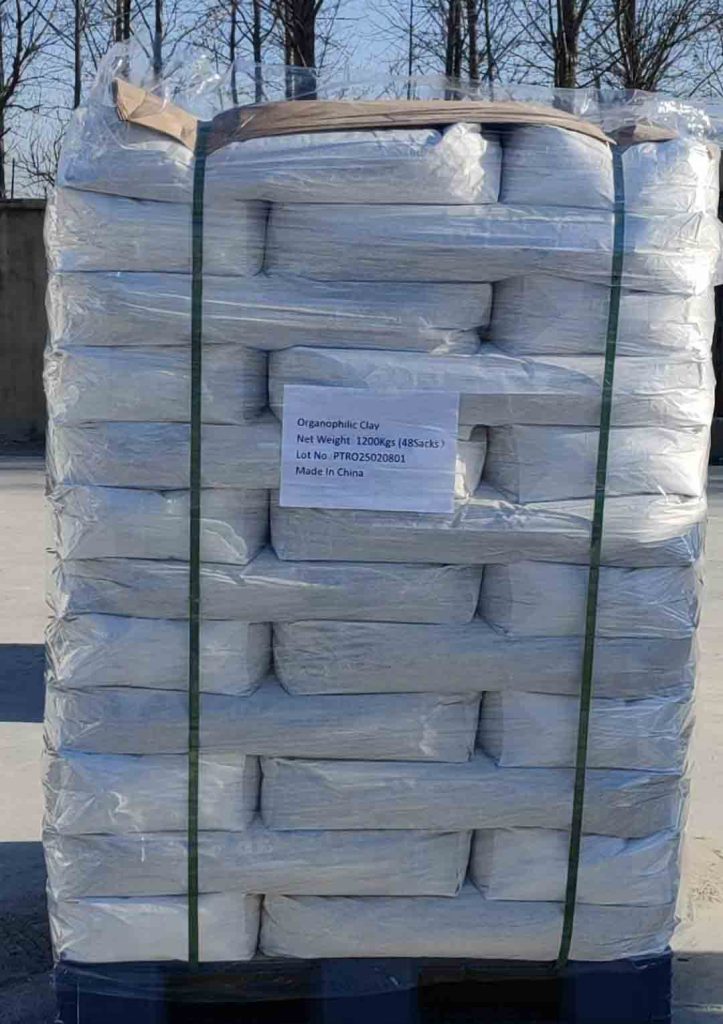
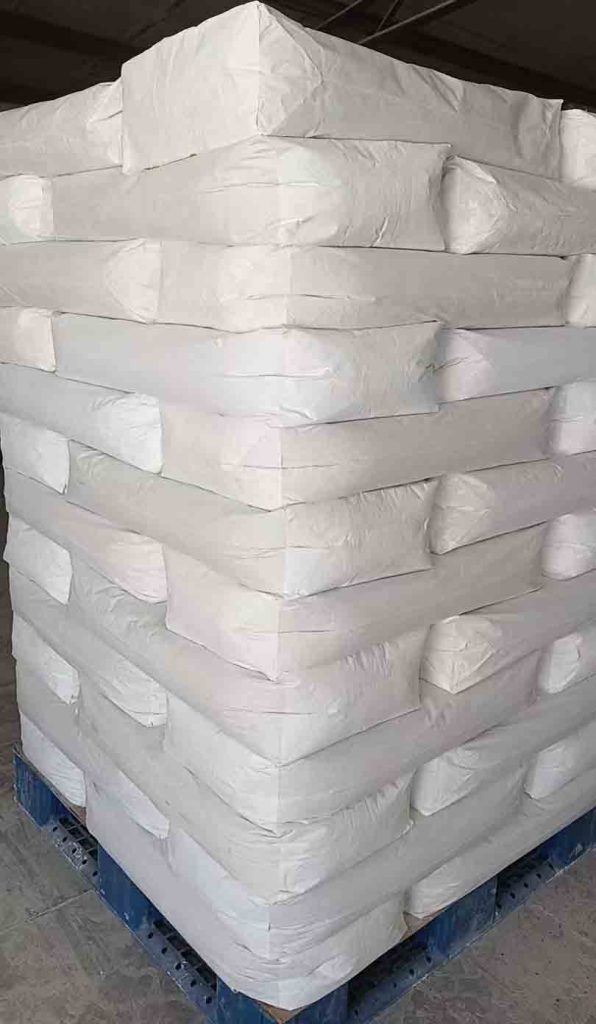
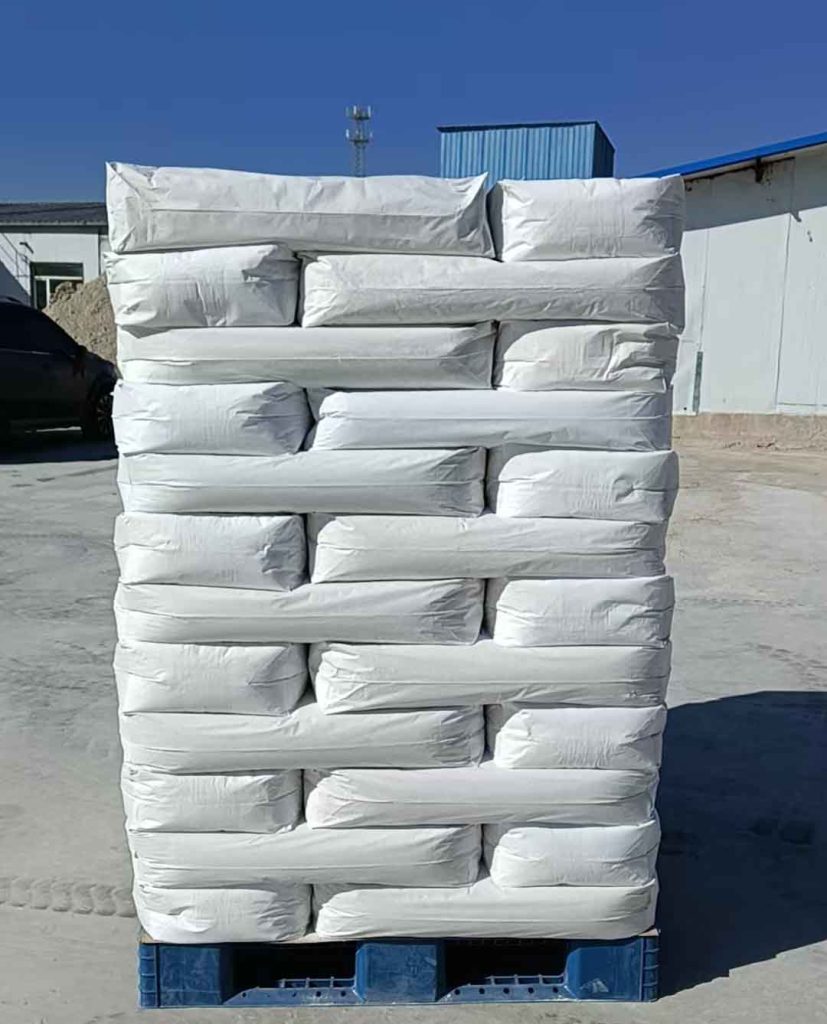
Organoclay Applications
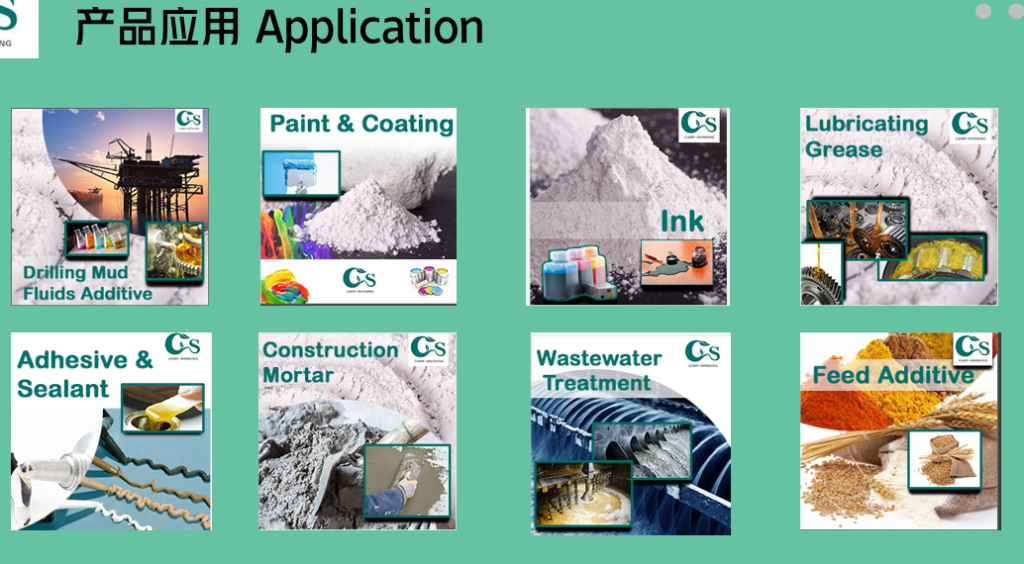
organo Bentonite anti-settling agent for industrial coatings
Organophilic Clay is an easy dispersing, self activating organoclay that exhibits high performance efficiency in diesel, low aromatic mineral oil, modified vegetable oil and synthetic base fluid formulation. CP-150 unique rheological structure suspends weighting materials and other solids with less increase in viscosity and gel strength than conventional bentonite. It is highly effective in distillate and mineral oil based invert fluids.
Organoclay Bentonite is used for Oil drilling Mud,
Paint,coatings, inks, grease and domestic etc.
Base oil:
- Diesel Oils
- Mineral Oils
- Synthetic Oil
- Linear and isomerized Alpha Olefins
- Modified vegetable oil
Viscosifying drilling Fluids:
- All oil based drilling fluids
- Invert emulsion fluids
- Workover fluids
- Fracture fluids
Organoclay Advantages
- Effectively suspends weighting materials and other solids
- Maintains suspension over a wide temperature range
- Eliminates need for chemical activators
- Is easy to disperse and rapid yielding
- Suspends weighting materials and other solids
- Maintains suspension over a wide temperature range
Composition of Organoclay
Organically modified bentonite clay
Appearance Off white to tan finely divided powder,
Moisture content (105℃,2hr) ≤3.5%
Specific Gravity 1.7
Bulk density 0.40~0.60g/cm³
Organobentonite Packages
Kraft paper bag with PE liner or multi-wall paper sacks or customized. 25kg/bag or 22.68kg/bag or customized.
Organophilic clay Store in a dry, well-ventilated area with temperature of 0℃-30℃. Keep container closed. The quality guarantee period is 24 months.
